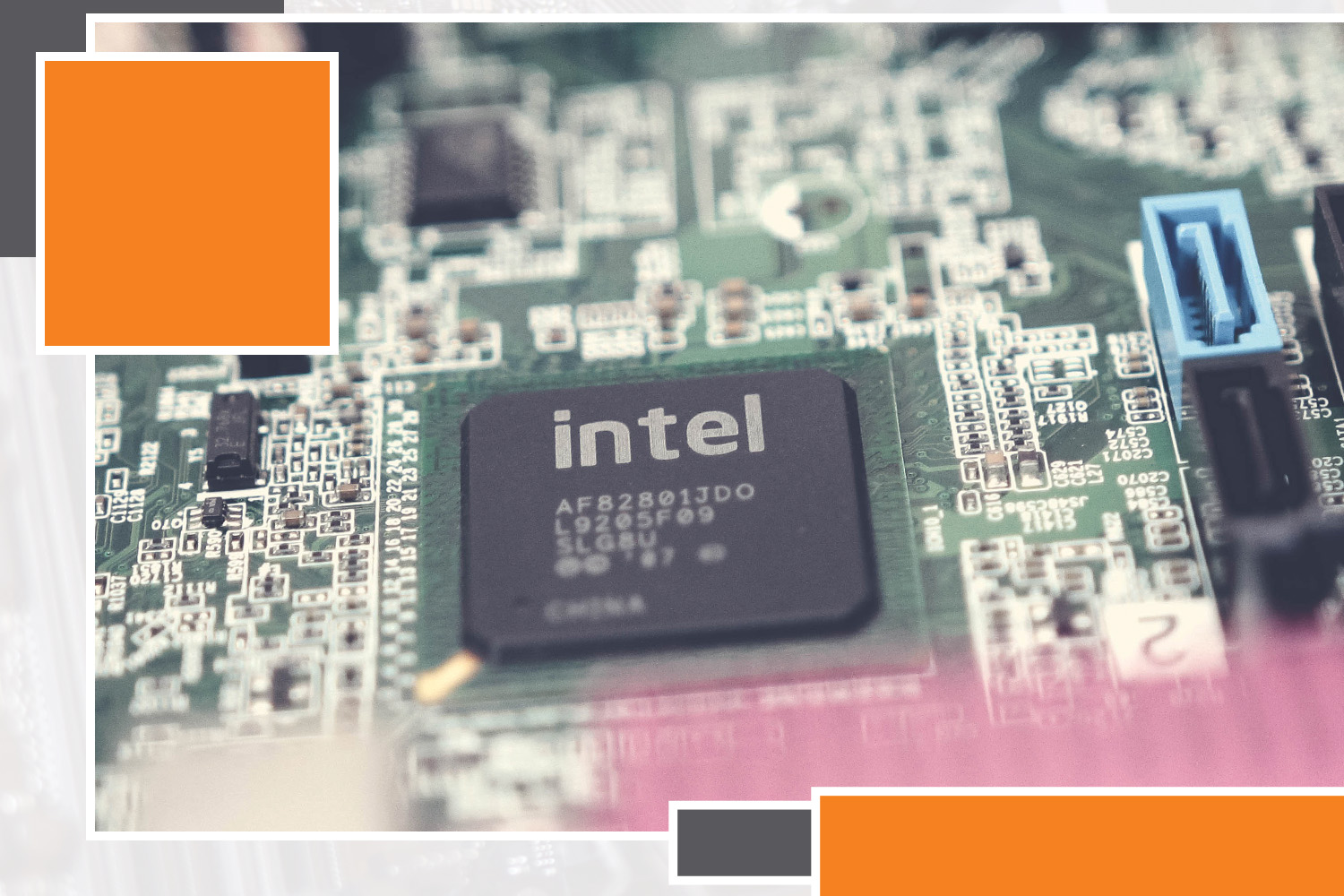In October 2021, UT and the Innovative Computing Laboratory announced the creation of a oneAPI Center of Excellence. Funded by the Intel Corporation, the center will be led by Hartwig Anzt, an ICL consultant.
The primary goal of the oneAPI Center is to provide solutions in high-performance computing and visualization, with a focus on two projects: porting the open-source HPC Ginkgo library to oneAPI for cross-architecture support and expanding its Intel Graphics and Visualization Institute of XeLLENCE to enable high-end visualization as a service through oneAPI.
“Intel is an internationally recognized leader in the computing industry, and the establishment of this center is a great indication of the global impact of the tremendous high-performance computing work being done here, with 35 ongoing projects in numerical linear algebra, performance evaluation and benchmarking, and distributed computing just in the ICL alone,” said Matthew Mench, dean and Wayne T. Davis Dean’s Chair of the Tickle College of Engineering. “We’re excited about this opportunity and eager to see the innovations that it helps develop.”
Intel’s oneAPI is a programming model designed to simplify development across a variety of programming architectures. Typically each architecture requires a different coding language and separate tools, forcing developers to rebuild programs and applications for different platforms.
Simplifying this process by allowing developers to program using a single code base that works with multiple platforms will streamline software development for high-performance computing initiatives—including those that support research conducted by UT faculty and students—and further encourage collaboration across research areas.
The work performed at the center will help prepare Ginkgo for Intel’s Aurora supercomputer. Aurora will be located at Argonne National Laboratory and is predicted to be one of the first exascale computers in the US, with applications across a multitude of fields including clean energy production, nuclear safety, and cancer research.
“The university is delighted to work with Intel in the development of this open innovation platform,” said Deborah Crawford, UT’s vice chancellor for research.
“We know it will unleash the development of a wide range of applications, products, and services that will simultaneously advance knowledge while also enhancing the health, wealth, and prosperity of communities here in Tennessee and around the world.”
The oneAPI Center of Excellence will leverage the existing expertise of UT and the ICL, positioning the university to lead the development of applications and solutions powered by oneAPI technology. Anzt will serve on Intel’s oneAPI Technical Advisory Board, which will contribute heavily to the future of oneAPI technology.
